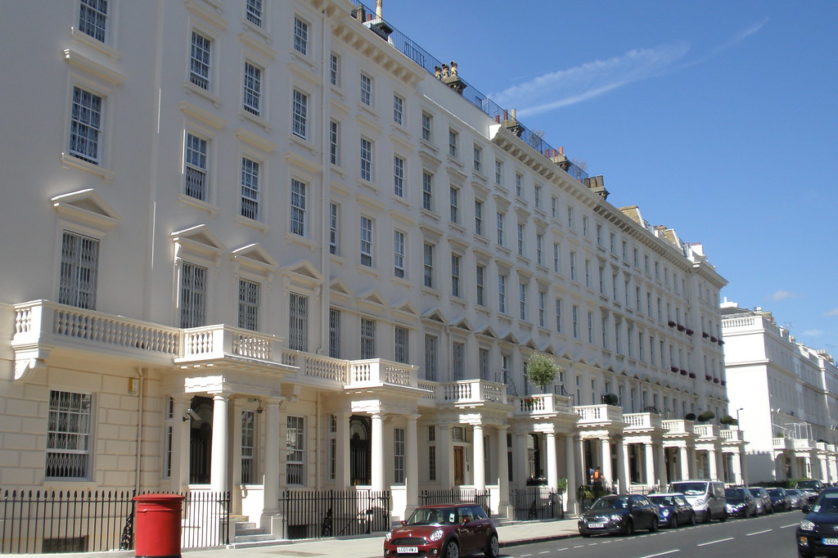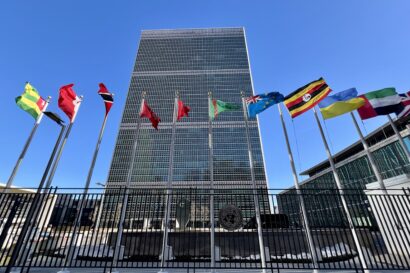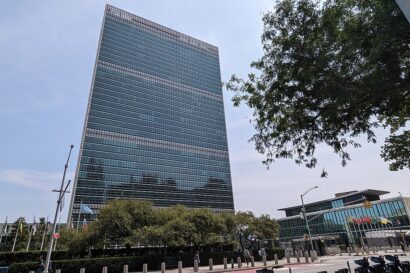Last week, the Institute of Development Studies (IDS) held an event on the global development and economic implications of the conflict in Ukraine, at which ICTD Fellows Mick Moore and Giulia Mascagni spoke on the subject of sanctioning Russian oligarch’s wealth, the menace of the offshore financial system, and the urgent need and opportunity to take action for reform.
One of the tools now being used to compel the Russian government to end the invasion of Ukraine is sanctions on the overseas assets of hundreds of ‘oligarchs’, i.e. very wealthy Russians with close connections to the Kremlin. Their offshore assets are being identified and frozen – and perhaps even expropriated. Because wealth is so unequally distributed in Russia and so much of it held offshore, the country is in principle vulnerable to these kinds of sanctions. But how vulnerable is it in practice? This offshore wealth has been sitting in London and other secrecy jurisdictions for many years, with little effort on the part of British and other governments to seriously question or even identify and monitor it.
It is still uncertain whether much of this offshore wealth will be identified, whether serious sanctions will be placed on it, and whether those sanctions will influence Russian government policy. However, even if these particular sanctions do not in this case work as intended, they could still constitute good news for most of the world, especially many low income countries. It is not only Russian elites who expatriate large amounts of corrupt money and hide it offshore. Many other elites do the same, especially when they get their hands of the fruits of the extraction of oil, gas and minerals. So far, those governments that are in a position to undercut these damaging rackets have shown little interest in doing so. Arguments about the corrosive effects on governance and democracy in, for example, Nigeria – and increasingly in Britain itself – have not gained at great deal of traction. But now that this hidden offshore wealth is being perceived, quite accurately, as a national security threat to a large number of relatively wealthy democracies, perhaps we will see more positive action. There might be a silver lining for much of the world from the tragedy now being inflicted on Ukraine.
To learn more, watch Giulia and Mick’s contributions to the panel event:
“We need to know where Russian Oligarch’s wealth comes from. If it is legitimate wealth then it needs to be taxed appropriately, and if it is not legitimate then it needs to be prosecuted. We cannot afford to have money that is not legitimate in countries like the UK without questioning or investigating it, which is what has been happening so far.” – Giulia Mascagni
Links to the materials Giulia mentioned in her talk:
- Tax Justice Network briefing: 10 measures to expose sanctioned Russian oligarchs’ hidden assets
- Gabriel Zucman: “I’m a Bit Skeptical That Freezing the Assets of a Few Dozen Oligarchs Can Be Highly Effective”
“Illicit money is corrupting politics in countries like Britain. And I say that quite deliberately. The politics of Britain have been seriously corrupted by all that money that is flowing through London.” – Mick Moore
Watch the full event video here:
Further relevant stories:
- Alex Cobham in the Guardian: UK’s vulnerability to corruption uncovered amid slow sanctions response
- Brooke Harrington in the Washington Post:The secret world of offshore banking is proving it can stand up to kleptocrats
- Bill Browder in Foreign Policy: Can London Cleanse Itself of Dirty Russian Money?
- Margaret Hodge, MP in The House: We must go further to root out dirty money in the UK for good
- Tom Keatinge in The New Statesman: “No one in government cared until the war”: how the UK left it too late to fight financial crime
- Oliver Bullough in The Times: Crushing the Russian oligarchs? We’ve tried that before


